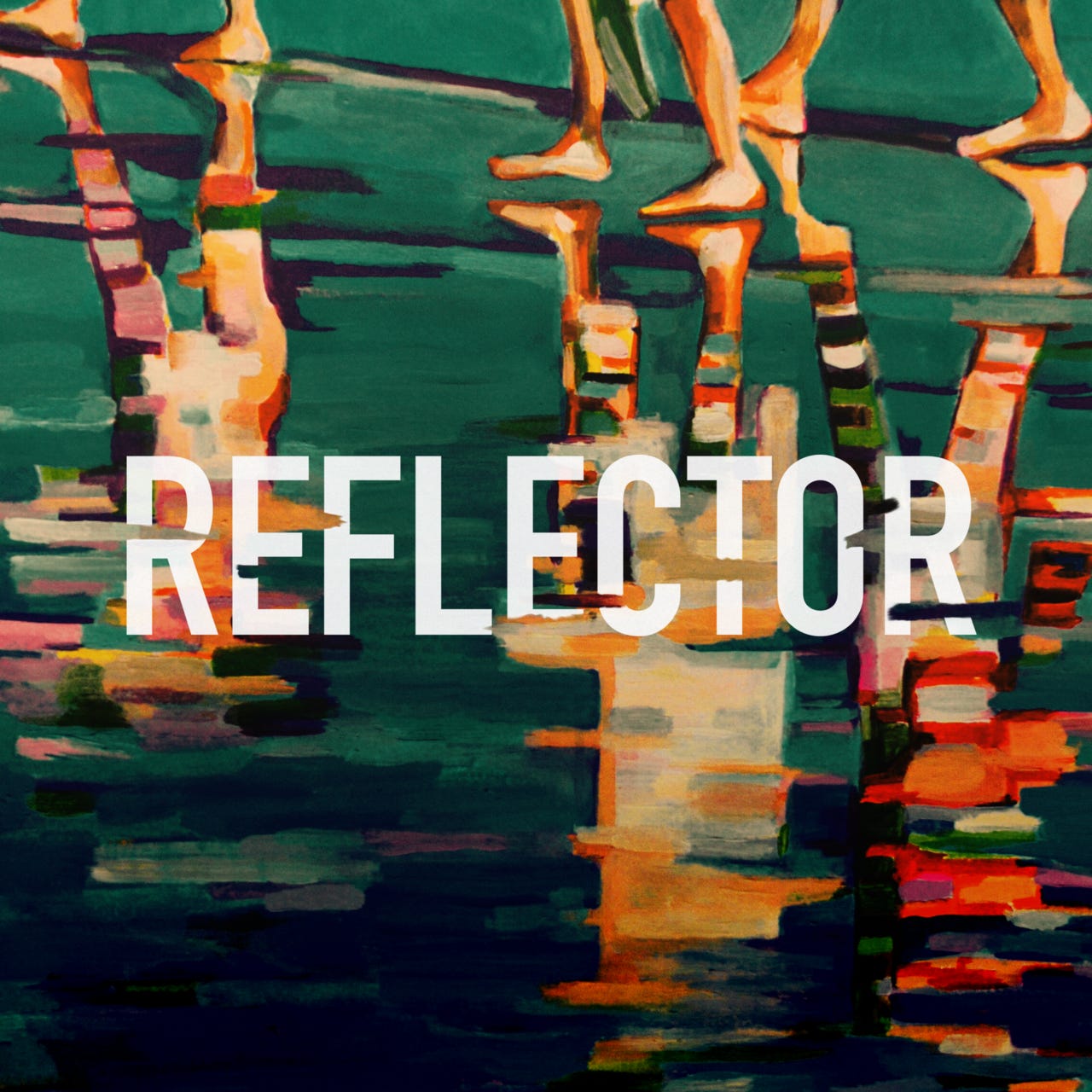We’re off this week for our summer break/live shows so please enjoy this episode from our friends at Reflector.
BARPod Summer Break Specials: Reflector's The Sea Change
Jul 22, 2024
Blocked and Reported
Journalists Katie Herzog and Jesse Singal scour the internet for its craziest, silliest, most sociopathic content, part of an obsessive and ill-conceived attempt to extract kernels of meaning and humanity from a landscape of endless raging dumpster fires.
Journalists Katie Herzog and Jesse Singal scour the internet for its craziest, silliest, most sociopathic content, part of an obsessive and ill-conceived attempt to extract kernels of meaning and humanity from a landscape of endless raging dumpster fires.Listen on
Substack App
Spotify
RSS Feed
Recent Episodes










